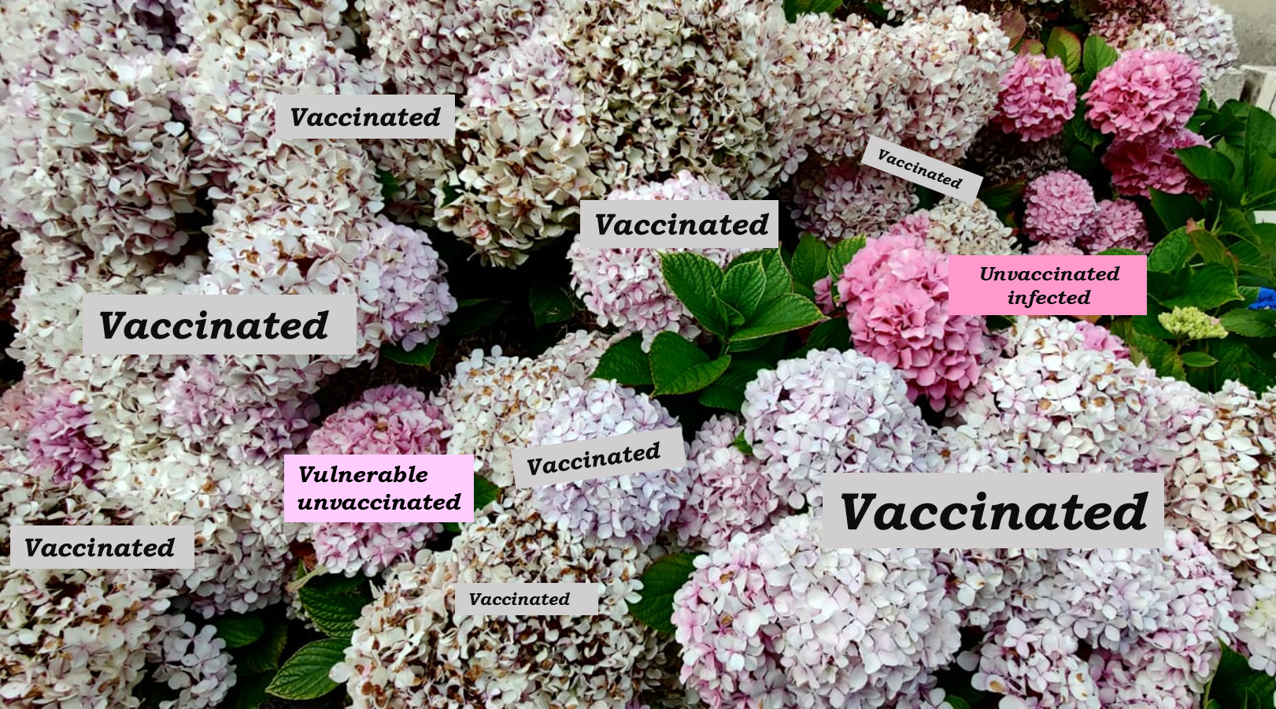By Carissa Wong, Fourth Year, PhD Cancer Immunology
Meningococcal group B bacteria are the leading infectious killer of babies and young children in the UK. An encouraging new study on the effectiveness of a vaccine for Meningococcal group B disease, led by the University of Bristol in collaboration with researchers in Portugal, has been published in the Journal of the American Medical Association. The researchers demonstrated that the 4CMenB vaccine protects children and adolescents with 79 per cent effectiveness from meningococcus group B disease.
Meningococcal group B bacteria are the most common of twelve bacterial groups that cause meningococcal disease in the UK. Previous studies have already shown a reduction in meningococcal disease rates in age-eligible groups since the roll-out of the 4CMenB vaccine in 2015. However, this is the first time the vaccine’s effectiveness has been conclusively shown, by comparing vaccinated people with closely matched controls in a real-world setting.

Meningococcal bacteria can be found in the upper throat connecting the back of the nose and mouth in asymptomatic carriers, who don’t develop disease. Invasive meningococcal disease (IMD) occurs when the bacteria invade further into the body.
The bacterial infection causes meningitis (an inflammation of the protective coverings in the brain and spinal cord) and sepsis (blood poisoning due to an overreaction of the immune system to an infection). In up to 20% of survivors IMD can lead to amputation, brain damage and epilepsy. One in ten infected people die from the disease, making an effective vaccination highly important.
One in ten infected people die from the disease, making an effective vaccination highly important.
The research team was led by Adam Finn, Professor of Paediatrics and Director of the Bristol Children’s Vaccine Centre at Bristol Medical School. They analysed the immunisation and medical records of 117 children and young adults across 31 paediatric hospitals in Portugal, who had the disease between 2014 and 2019.
During that period, the 4CMenB vaccine was available through private clinics, but not included in the national immunisation programme. In Portugal, medical and vaccination records are on an online system, which allowed the researchers to trace how the vaccination affected the number of disease cases.
Number-crunching revealed that the vaccine protected people from the disease with 79 per cent effectiveness.
In this study, 69 out of 98 children with IMD were found to have group B meningococcal disease and were old enough to receive the correct doses of the vaccine for complete immunisation. Seven per cent of the children who had group B disease had been fully vaccinated, compared to the twenty-three per cent of control children who did not have the disease.
Number-crunching revealed that the vaccine protected people from the disease with 79 per cent effectiveness. Interestingly, further analysis involving other strains of meningococcal bacteria hinted that the vaccine may provide even broader protection against meningococcal disease, beyond group B alone.
Bristol University’s micro-bots could change the face of medicine
A genetic study of proteins: a big step for open data sharing in drug development
Furthermore, all 11 children who had IMD and received at least one dose of the 4CMenB vaccine survived without disease-related disabilities. In contrast, in the 87 disease cases who were unvaccinated, 7 children died and 16 had long term injuries. This suggested that vaccination may have reduced severity of the disease in those who had the disease and were at least partially vaccinated.
Professor Finn explained, ‘This important new study confirms that 4CMenB offers children a very high level of protection against suffering severe outcomes from this potentially deadly infection.’ This is yet more evidence that vaccines are a life-saving technology, which can safely protect us from ‘infectious disease.
Featured Image: Epigram / Carissa Wong
With the global pandemic, effective vaccinations are at the forefront of everyone's attention. However, there are still a multitude of other diseases that we need protection from!







